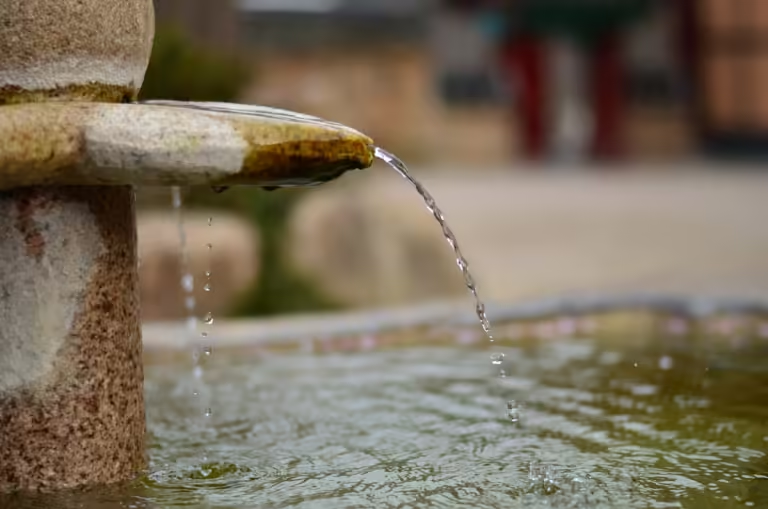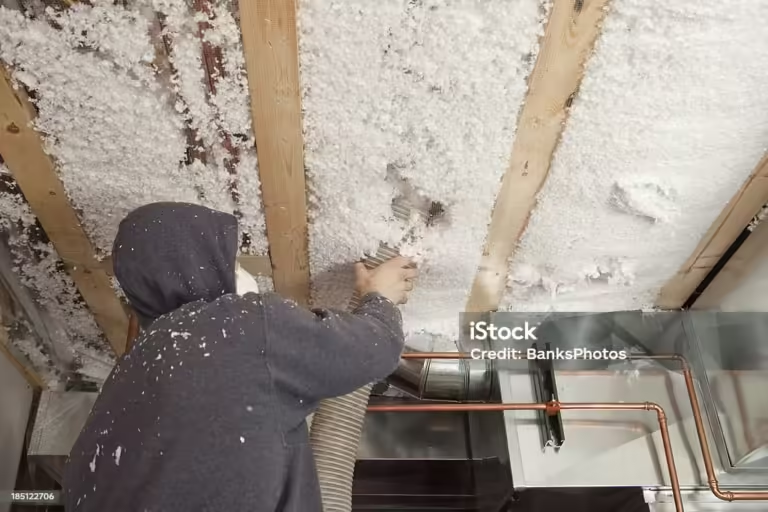Can my neighbors water meter be on my property? 5 Easy Solutions
Understanding property boundaries and rights is crucial for homeowners. One common question that arises is whether a neighbor’s water meter can be located on your property. In this article, we’ll delve into this issue, exploring property rights, boundary disputes, and how to navigate such situations amicably.
1. Property Boundaries: Defining Your Territory
Property boundaries delineate the extent of your ownership. Understanding where your property begins and ends is fundamental to resolving disputes like the location of a neighbor’s water meter.
When you purchased your home, a property survey likely determined its boundaries. This survey should outline where your property lines lie, helping you identify any encroachments or shared boundaries with neighbors.
2. Neighbor's Water Meter: Assessing the Situation
If you suspect that your neighbor’s water meter is on your property, it’s essential to gather evidence and assess the situation calmly. Start by reviewing your property survey and comparing it with the meter’s location.
Engage in open communication with your neighbor, expressing your concerns respectfully. They may not be aware of the issue and might be willing to cooperate in finding a solution.
3. Legal Rights and Responsibilities
In many jurisdictions, property owners have the right to exclusive possession of their land, including the area beneath the surface. However, easements and property agreements may grant utility companies access to install meters and infrastructure.
Consulting local property laws and regulations can provide insight into your rights and responsibilities regarding the placement of utility meters on your property.
Understanding Easements
Easements grant individuals or entities the right to use a portion of another’s property for specific purposes, such as utilities. If your property has an easement allowing the installation of utility meters, your neighbor may have a legal right to place their meter on your land.
4. Handling Boundary Disputes: Finding a Resolution
Resolving boundary disputes requires patience, diplomacy, and sometimes legal intervention. Here are steps to consider:
- Open Dialogue: Initiate a conversation with your neighbor to discuss the issue and explore potential solutions.
- Professional Mediation: If communication stalls, consider hiring a mediator to facilitate discussions and reach a mutually beneficial agreement.
- Legal Recourse: As a last resort, consult with a real estate attorney specializing in property disputes to explore legal options.
5. Protecting Your Property Rights

Regardless of the outcome, it’s essential to take steps to protect your property rights:
- Documentation: Maintain records of property surveys, communications with neighbors, and any legal proceedings.
- Boundary Markers: Install visible markers or fences along your property lines to prevent future disputes.
- Regular Inspections: Periodically inspect your property to identify any encroachments or unauthorized activities.
FAQs (Frequently Asked Questions)
Q: Can I ask my neighbor to move their water meter if it's on my property?
A: You can discuss the matter with your neighbor and explore options for relocating the meter, but any changes would likely require approval from utility providers and adherence to local regulations.
Q: What should I do if my neighbor refuses to address the issue?
A: If communication fails to resolve the issue, consider seeking mediation or legal assistance to enforce your property rights.
Q: Can My Neighbor's Water Meter Be on My Property?
A: Yes, It’s possible for your neighbor’s water meter to be on your property, particularly if there are utility easements or agreements allowing such installations. Communication with your neighbor and possibly involving authorities can help resolve any concerns.
Q: Are there any adverse effects of having a neighbor's water meter on my property?
A: While it may not directly impact you, having infrastructure on your property could affect future construction or landscaping plans. It’s best to address the issue proactively to avoid complications.
Q: Can I charge my neighbor for occupying space with their water meter?
A: Unless there’s a specific agreement or legal precedent allowing for compensation, it’s unlikely that you can charge your neighbor for the space occupied by the water meter.
Q: How can I prevent boundary disputes with neighbors in the future?
A: Regular communication, clear property markings, and understanding local regulations can help prevent boundary disputes and foster positive relationships with neighbors.
Q: Is it common for utility meters to be located on neighboring properties?
A: It depends on various factors, including property layout, utility infrastructure, and local regulations. While not uncommon, disputes can arise if boundaries are unclear or agreements are not in place.
Conclusion
Navigating property boundaries and disputes requires patience, communication, and a clear understanding of rights and responsibilities. By approaching issues like a neighbor’s water meter with diplomacy and adherence to legal processes, you can protect your property rights and maintain positive relationships within your community.






